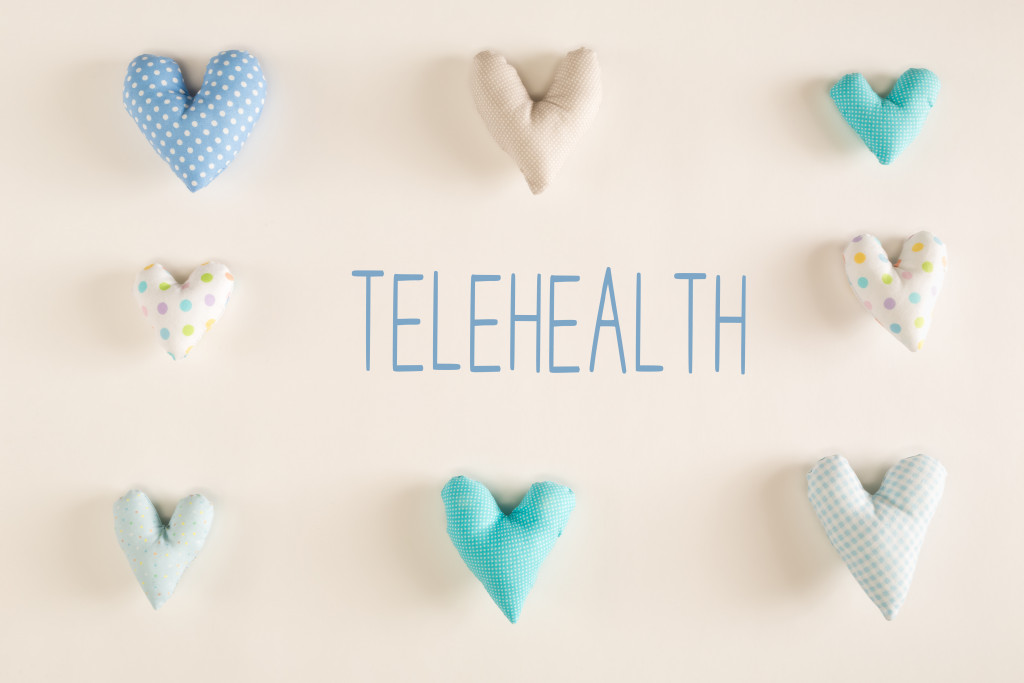- Through Electronic Health Records (EHRs), digitization in healthcare streamlines patient data management improves healthcare delivery, and aids in medical research.
- Telemedicine, enabled by technology, provides remote access to healthcare services, proving essential during the COVID-19 pandemic.
- Mobile health apps and wearable technology allow real-time monitoring and data collection for efficient disease management and proactive personal health care.
- Patient portals foster patient involvement in health management, facilitate communication with healthcare providers, and present a step towards personalized and accessible healthcare.
As you navigate the evolving landscape of healthcare, it’s impossible to ignore the profound impact of technology on the industry. Central to this transformation is a shift towards patient-centric services, setting a new standard for healthcare delivery. Picture a world where tech solutions help you manage your healthcare seamlessly, enhancing the quality of services, and making them more accessible and personalized.
Electronic Health Records (EHRs)
Electronic Health Records (EHRs) represent a significant stride in healthcare technology. EHRs digitize patient data, replacing traditional paper records, allowing real-time, patient-centered records accessible anytime and anywhere. This innovation is conducive to more efficient, coordinated care as it provides a comprehensive and organized view of a patient’s medical history, including diagnoses, medications, treatment plans, immunization dates, allergies, radiology images, and results of laboratory tests.
Beyond improving healthcare delivery, EHRs aid medical research by providing valuable data for epidemiological studies. Additionally, they can streamline administrative processes, reducing paperwork, and enhancing the efficiency of healthcare providers, thereby leading to potential cost reductions. However, with the advantages come challenges. Privacy concerns, interoperability issues, and the potential for data breaches are key obstacles that need to be addressed to ensure the safe and effective use of EHRs.
Telemedicine

Telemedicine, another facet of healthcare technology, provides unprecedented access to healthcare services, especially for those in remote areas or those unable to physically visit healthcare facilities. This digital avenue enables healthcare professionals to evaluate, diagnose and treat patients remotely using telecommunications technology.
Telemedicine provides convenient access to medical consultations, helps monitor chronic conditions, offers mental health counseling, and even facilitates physical and occupational therapy. Amid the COVID-19 pandemic, telemedicine has proven invaluable, allowing continuity of care while minimizing exposure to the virus.
Despite its immense potential, telemedicine also presents challenges, including concerns about the quality of care, licensing issues, and technical difficulties. Nevertheless, with continuous innovation and regulation, telemedicine is poised to redefine the delivery of healthcare services.
Artificial Intelligence (AI) and Machine Learning (ML)

Artificial Intelligence (AI) and Machine Learning (ML) are revolutionary technologies dramatically reshaping healthcare, offering unprecedented possibilities for enhanced patient care, data analysis, and overall efficiency. Here are some things to consider:
Mobile Health Apps
Mobile Health Apps are revolutionizing the way we view and manage our health. These digital tools encompass various functionalities, from tracking physical activity to aiding in mental health therapies. A noteworthy example is the adoption of reputable chronic care management apps for doctors.
These specialized applications empower physicians to manage their patient’s chronic conditions efficiently and remotely, reducing the need for frequent hospital visits and thereby enhancing patient comfort. They enable real-time monitoring of health parameters, facilitate communication between the patient and healthcare provider, and allow the implementation of personalized care plans based on real-time data.
This integration of technology into chronic care management signals a crucial step towards creating healthcare systems that are not only more efficient and accessible but also tailored to meet individual patient needs.
Wearable Technology
Wearable technology is another groundbreaking advancement in healthcare. These devices, such as fitness trackers, smartwatches, and heart rate monitors, collect valuable health data in real-time, enabling users to gain insights into their health and fitness levels.
Their potential extends beyond promoting an active lifestyle; they can predict potential health issues before they manifest clinically, track progress in physical therapy, and provide valuable data to healthcare providers, enabling personalized care. For example, wearable devices can detect irregular heart rhythms, which could lead to early diagnosis and treatment of conditions like atrial fibrillation.
Despite facing challenges such as data accuracy and privacy, wearable technology’s potential in healthcare is undeniable. As technology evolves and data security improves, these devices will become increasingly integral to personal health management and clinical healthcare delivery.
Data Analytics
Data analytics in healthcare transforms how you understand and approach health and disease management. By leveraging vast data, healthcare providers can identify patterns and trends, aiding in predictive and preventive care. For instance, by analyzing past medical records, predictive models can be created to identify patients at high risk of certain diseases, enabling early intervention.
Furthermore, data analytics can enhance operational efficiency by identifying healthcare delivery bottlenecks and suggesting improvement areas. It also aids research by providing a more comprehensive view of disease patterns and the effectiveness of treatment.
However, data analytics in healthcare poses challenges related to data security and privacy that must be addressed. Despite these challenges, the potential of data analytics in shaping a more efficient, proactive, and patient-centered healthcare system is vast and largely untapped.
Patient Portals
Patient Portals are secure online websites providing convenient access to their health care information. These digital platforms allow patients to view personal health records, schedule appointments, request prescription refills, and communicate with their healthcare providers, fostering a more active and engaged role in their health management.
Patient portals are rapidly becoming integral to modern healthcare, promoting patient empowerment, improving communication between doctors and patients, and enhancing overall patient satisfaction. They also enable patients to make informed decisions about their health, reducing unnecessary hospital visits and the associated costs.
However, these portals also raise concerns about data security and the digital divide, particularly among the elderly and those with limited internet access. As technology evolves, creating secure and user-friendly patient portals will be crucial in realizing the full potential of digital healthcare.
In conclusion, embracing technology in healthcare is not an option but a necessity. It’s your chance to experience a more personalized, efficient, and accessible healthcare journey. Act now, stay informed, and empower yourself in this digital health transformation. Explore these tools and make the most of what modern healthcare technology offers!





